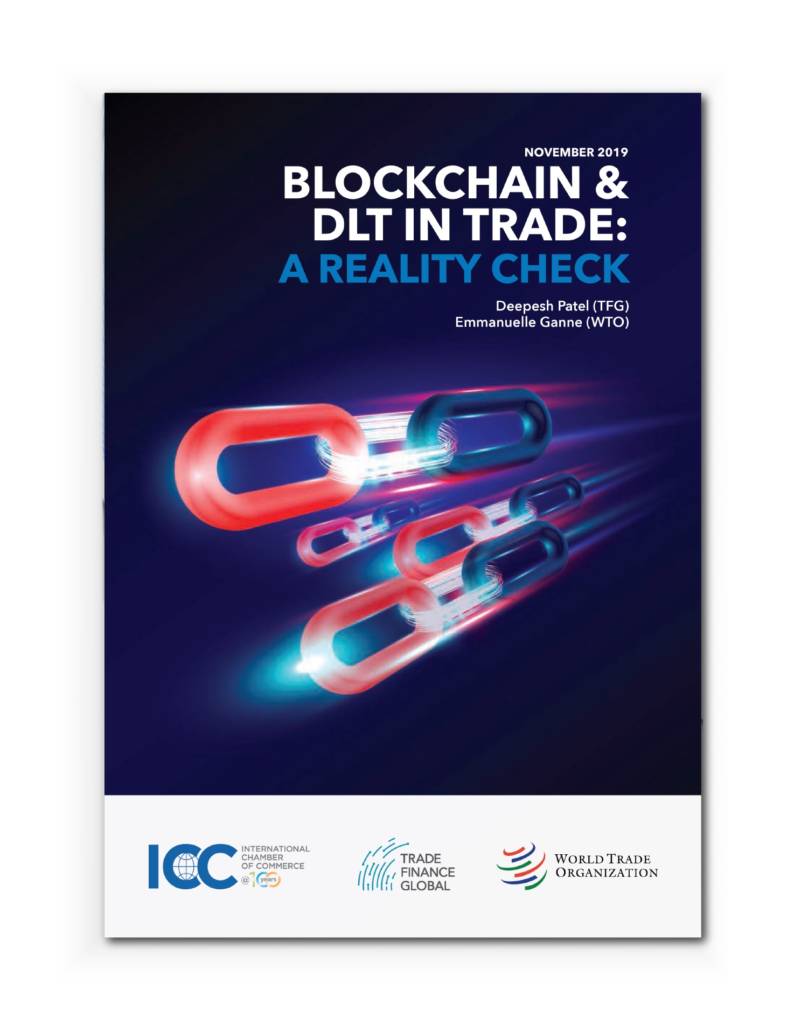TFG spoke to Clyde & Co’s Robert Parson at ExCred International, about the development of trade finance as an asset class and the role that trade assets play in the production of liquidity more generally. Parson also gave a view on the current COVID-19 outbreak, discussing potential ramifications on global supply chains and trade finance.
Featuring: Robert Parson, Partner, Clyde & Co
Host: Deepesh Patel, Editor, Trade Finance Global
Deepesh Patel: Robert, thank you very much for joining us on Trade Finance Talks TV. A pleasure to have you on the show. Could you give us a brief introduction?
Robert Parson: I’m Robert Parson, partner at the international law firm Clyde & Co, I head up the Trade and Commodity Finance team. We cover the full breadth of the trade industry, from those that are involved in financing in the trade and commodity market, financial institutions and funds, to insurers and other alternative funders. It’s a very exciting time for us, and of course, there are a number of interesting issues to grapple with at the moment!
2020 – Trade Finance as it stands so far
DP: What are the key issues for you in trade finance so far this year?
RP: One of the things that I’m particularly interested in is the way that trade finance is developed as an asset class for distribution. There’s a really important role that people involved in distributing trade assets play in the production of liquidity generally. With the current challenges around Basel II and Basel III regulation, we’ve seen tightening in the market, despite the very low default ratios seen within trade finance as a product – I think that trade finance as an asset class is one of the unsung heroes of all asset classes!
We have also seen how historic events such as the financial crisis put some dampeners on the way that financiers have approached this market during times of uncertainty. However, at the current climate, this squeezing of financial institution liquidity really should be ‘unsqueezed’ by the production of trade assets, which was sold down into other funders producing more ability to go in and fund
Banks play a very important role in providing this liquidity; both from general trade finance instruments and also other trade services, which many of the other funders can’t finance. Time and time again, we hear that there really are a lack of these trade assets being generated. Banks and others can be persuaded to go out and produce those assets, even though they’re not going to be able to retain them themselves because they don’t have the liquidity and the capacity. So that’s certainly one of the very interesting issues over the next year or two, and of course, compounded by a number of other issues.
Interview: TFG spoke to Swiss Re’s Davide-Guidicelli on Basel IV regulation for banks and corporates

Technology and Trade
DP: Can technology have a role to play in generating those trade finance assets?
RP: I think it definitely can. There are a lot of trade finance technology products out there, both DLT / blockchain-based, and non-DLT products, but I think it’s fair to say that not all of those products can survive in the long term. We will probably see some consolidation around standards, to make sure that we are producing products which can be widely available in the market, and I think that technology can play a very important part in reducing costs. Furthermore, I think technology has a really important part to play in enabling governance, due diligence and reducing fraud, which is frequently an issue, particularly into the receivables finance business.

Coronavirus and Trade Finance
DP: Thank you. Let’s talk about coronavirus. What is the impact of Covid-19 on shorter tenor trade finance?
RP: I think one of the key factors that we’re going to see – not perhaps in the immediate term – but over some period of time, is the knock-on effect of a very sharp fall in Chinese production. We’ve seen a number of figures that have come out over the last few days which have suggested that the cliff-edge dive that Chinese production is taking during this crisis is going to be more serious than the last financial crisis, SARS, and other incidents over the years. We’re going to see that affecting supply chains globally. Chinese growth will likely shrink back to well under 5%, which is going to have a material effect on the growth of other economies.
I think that with the supply chain issue, we’ll immediately see problems in some of the tier 2-4 traders and suppliers, who are either going to have problems performing or with their own liquidity. So we will see some failures. We’ve seen recently, even before the coronavirus started to have its effect, a couple of major insolvencies; one being out of Singapore, in the agribusiness, which has been a subject of a lot of speculation. So there is, of course, potential for a knee jerk reaction from lenders and banks, which we hope doesn’t happen. If it does, will the slack be taken up from elsewhere? That’s going to be one of the key things for whether trade and trade finance can be kept on the rails.




























